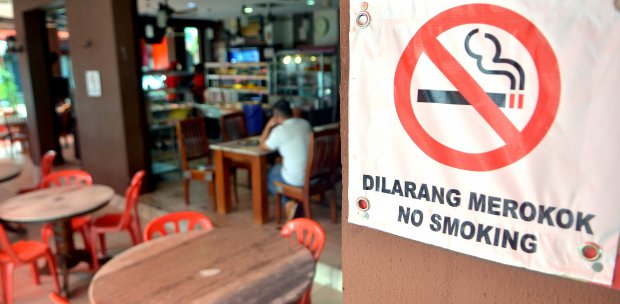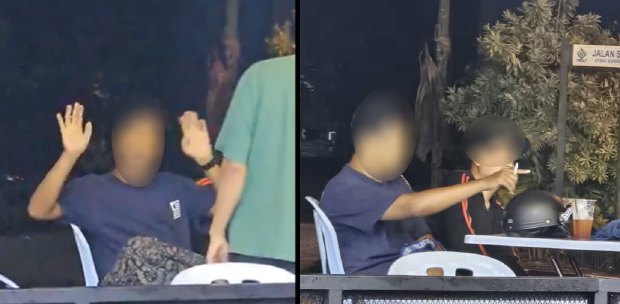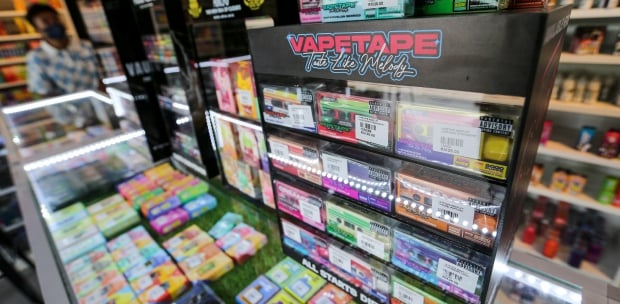KUALA LUMPUR: The Control of Smoking Products for Public Health Act 2024 will be enforced starting this year.
Health Minister Datuk Seri Dr Dzulkefly Ahmad said the anti-smoking bill, which was approved by the Dewan Negara in December, was gazetted in February.
"It will be enforced once the related regulations under the act are approved. We expect to start implementing the law this year," he told reporters at the World No Tobacco Day (WNTD) Segarun 2024 today.
The act includes provisions such as prohibiting the sale and purchase of tobacco products, smoking materials, or tobacco substitute products, as well as providing any smoking services to minors.
Dr Dzulkelfy said the war against smoking requires a whole-of-government, whole-of-society approach, with participation of all parties.
This includes non-governmental organisation, teachers, retailers, politicians and enforcement bodies, and Malaysians in general, he said.
"We must be united in curbing the smoking and vaping culture. For those who don't smoke, don't start and for smokers, seek help to kick the habit at health clinics nearby."
Dr Dzulkefly said the act would see more stringent control on sale of the vape products to underage children.
He said a total of 26 notices were issued to individuals for selling the products to children last year, while two similar notices were issued this year.
Among the "pull factors" for children and teenagers to start vaping were attractive devices and uncontrolled promotion of the products on social media as the newly-gazetted act had "yet to kick in", he said.
On the World No Tobacco Day, he said, its theme, "Protecting Children from Tobacco Industry Interference" is aimed at raising awareness of all levels of society on the risks of smoking and the influence of the tobacco industry on children and teenagers.
He said this was in line with Article 5.3 of the World Health Organisation Framework Convention on Tobacco Control (WHO FCTC).
He said the National Health and Morbidity Survey (NHMS) found that the percentage of teenagers aged 13 to 17 who smoke conventional cigarettes decreased from 13.8 per cent in 2017 to 6.2 per cent in 2022.
"Unfortunately, vaping or usage of e-cigarette has increased from 9.8 per cent in 2017 to 14.9 per cent in 2022. This is a wake up call for all of us.
"The Health Ministry will be carrying out enforcement actions to curb and prevent the exposure of vaping on the children, including sales of such products (to the group)."






